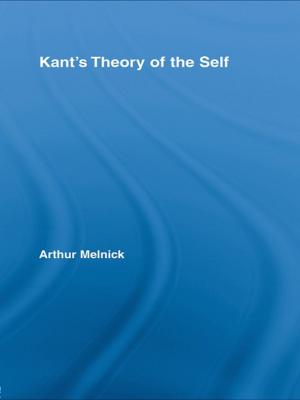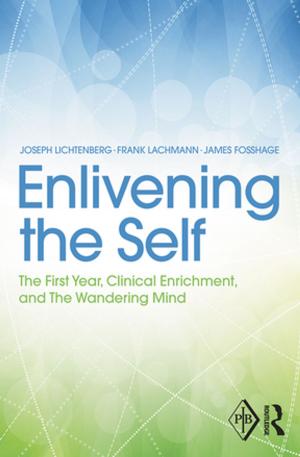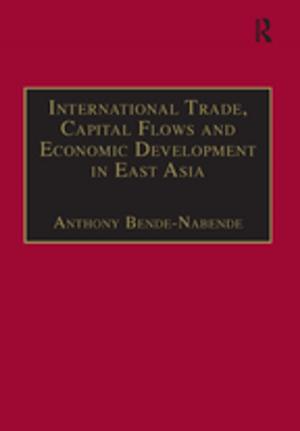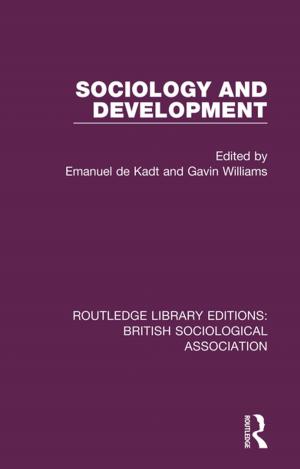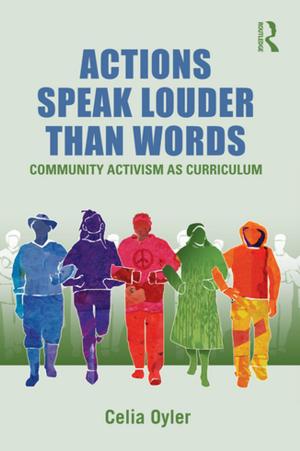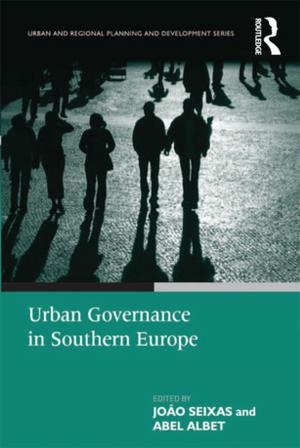Livelihoods and Learning
Education For All and the marginalisation of mobile pastoralists
Nonfiction, Reference & Language, Education & Teaching, Educational Theory, Educational Reform| Author: | Caroline Dyer | ISBN: | 9781136188183 |
| Publisher: | Taylor and Francis | Publication: | May 30, 2014 |
| Imprint: | Routledge | Language: | English |
| Author: | Caroline Dyer |
| ISBN: | 9781136188183 |
| Publisher: | Taylor and Francis |
| Publication: | May 30, 2014 |
| Imprint: | Routledge |
| Language: | English |
Current paradigms of ‘development’ generally serve mobile pastoralist groups poorly: their visibility in policy processes is minimal, and their mobility is constructed by the powerful as a ‘problem’, rather than as a rational livelihood strategy. Increasingly damaged eco-systems, shrinking natural resources, globalisation and urbanisation all put pressure on pastoralist livelihoods. Such processes often worsen, rather than alleviate, poverty and socio-economic marginalisation among pastoralists, but they also precipitate engagement with forms of education that may improve their future livelihood security and social status, and enhance occupational diversification.
Opening with a discussion of how the relationships between education, poverty and development have been conceived in dominant development discourses, this book reviews the disappointing international experience of education provision to mobile pastoralist groups. It highlights a lack of sufficient flexibility and relevance to changing livelihoods and, more fundamentally, education’s conceptual location within a sedentarist paradigm of development that is antagonistic to mobility as a legitimate livelihood strategy. These global themes are examined in India, where policy and practices of education inclusion for mobile, marginalised groups are critiqued. Empirically-based chapters drawing on ethnographic research, provide detailed insights into how the Rabaris of Kachchh – a pastoralist community in Gujarat, Western India – engage with education as a social and economic development strategy for both adults and children, and show how ethnographic and participatory research approaches can be used for policy advocacy for marginalised groups.
Livelihoods and Learning highlights the complex, contested and often inconsistent role of education in development and the social construction of poverty, and calls for a critical reappraisal of the notion of ‘education’. The book will be key reading for postgraduates and academics in education, development studies, international and comparative education and research methodology, as well as policy-makers, ministries and related agencies with responsibility for education.
Current paradigms of ‘development’ generally serve mobile pastoralist groups poorly: their visibility in policy processes is minimal, and their mobility is constructed by the powerful as a ‘problem’, rather than as a rational livelihood strategy. Increasingly damaged eco-systems, shrinking natural resources, globalisation and urbanisation all put pressure on pastoralist livelihoods. Such processes often worsen, rather than alleviate, poverty and socio-economic marginalisation among pastoralists, but they also precipitate engagement with forms of education that may improve their future livelihood security and social status, and enhance occupational diversification.
Opening with a discussion of how the relationships between education, poverty and development have been conceived in dominant development discourses, this book reviews the disappointing international experience of education provision to mobile pastoralist groups. It highlights a lack of sufficient flexibility and relevance to changing livelihoods and, more fundamentally, education’s conceptual location within a sedentarist paradigm of development that is antagonistic to mobility as a legitimate livelihood strategy. These global themes are examined in India, where policy and practices of education inclusion for mobile, marginalised groups are critiqued. Empirically-based chapters drawing on ethnographic research, provide detailed insights into how the Rabaris of Kachchh – a pastoralist community in Gujarat, Western India – engage with education as a social and economic development strategy for both adults and children, and show how ethnographic and participatory research approaches can be used for policy advocacy for marginalised groups.
Livelihoods and Learning highlights the complex, contested and often inconsistent role of education in development and the social construction of poverty, and calls for a critical reappraisal of the notion of ‘education’. The book will be key reading for postgraduates and academics in education, development studies, international and comparative education and research methodology, as well as policy-makers, ministries and related agencies with responsibility for education.

